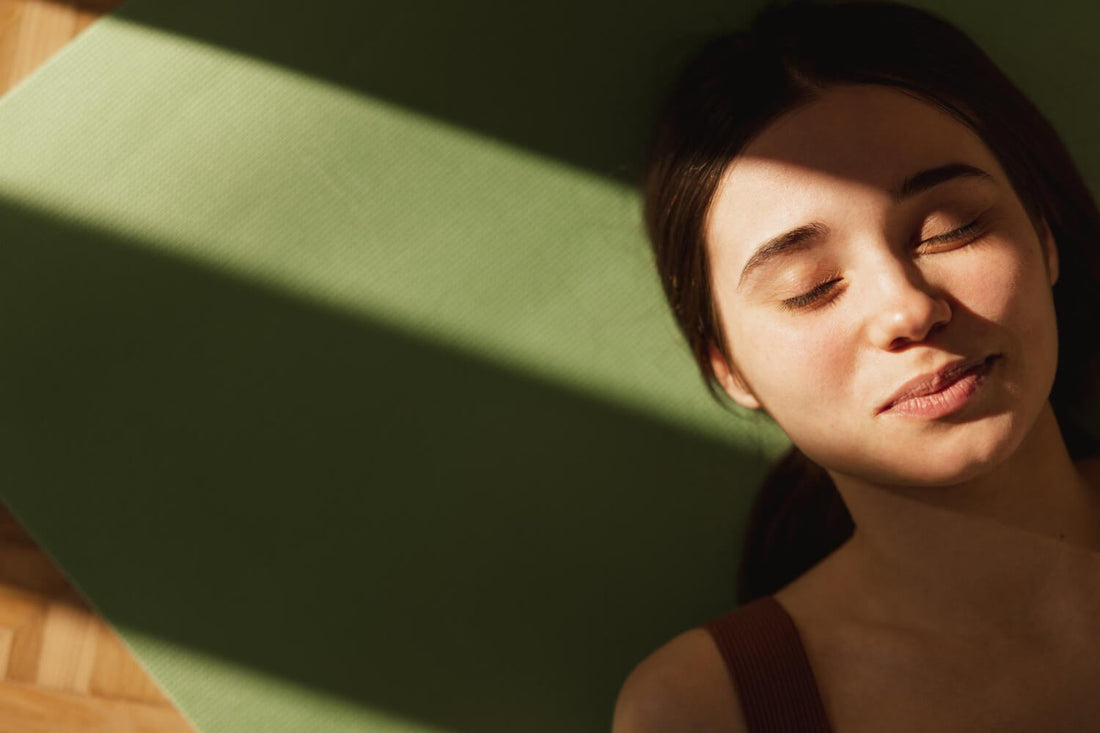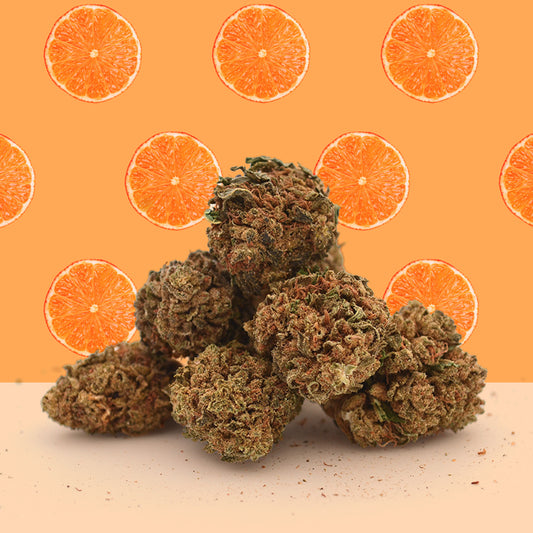On average, we sleep between 25 and 27 years throughout our lives, which is almost 1/3 of our existence. That's a lot of sleep! But while some people dream of nothing more than joining the arms of Morpheus all day long, for others it can be a real chore. So CBD help with sleep disorders? I'll tell you right now.
How do you define sleep disorders?
Insomnia and hypersomnia are the two most common sleep-related pathologies, but according to theAmerican Academy of Sleep, there are over 85 different conditions. A person is said to have a sleep disorder when he or she complains of not sleeping enough, sleeping too much or sleeping badly. In short, anyone with a poor sleep cycle is potentially affected.
To be classified as a sleep disorder, the problem must be chronic or have a sudden onset, and have an impact on the subject's daily routine and quality of life.
Insomnia affects around 20% of the French population, and their sleep debt is increasing all the time. These ailments are often caused by stress and the inability to slow down brain activity at bedtime. The list includes various types of insomnia:
- Chronic insomnia;
- Sleeplessness;
- Idiopathic insomnia, etc.
If this is not the case, we are dealing with hypersomnias, i.e. sleep times that are longer than normal. Similarly, hypersomnias are classified under various conditions:
- Narcolepsy;
- Idiopathic hypersomnia;
- Kleine-Levin syndrome, etc.
Sleep disorders or insomnia: how can CBD help?
In order to fully understand how CBD can help with sleep disorders, I'll briefly explain how our bodies work and, more importantly, where cannabidiol acts. If you've already visited our blog, you'll know that we have an endocannabinoid system (just like some animals). This highly complex system, which is still being studied by scientists, is made up of two major receptors: CB1 and CB2.
If you remember what I explained earlier, cannabidiol binds to CB1 and CB2 receptors. This action modifies the messages sent to the brain and body. In fact, cannabinoids, such as they are, act as regulators of these receptors, which in turn act on the nervous system.
CB1 receptors are directly linked to the nervous system. Injecting CBD therefore attenuates neuronal intensity and activity. This process in turn reduces stress, anxiety and even inflammation and pain. Thanks to this relaxing and soothing effect, cannabidiol helps relax and loosen muscles, significantly reduces stress and relieves chronic pain. All these benefits help improve the critical phase of falling asleep.
Visit our shop to buy CBD for sleep.
CBD and sleep: the scientific view
As we keep pointing out, studies on CBD and other cannabinoids are still in full swing. The WHO has yet to make a direct claim that CBD treats sleeping disorders, but more and more studies are demonstrating a genuinely favorable action of the substance.
For example, in 2019, the Cannabidiol in Anxiety and Sleep study showed that 66.7% of subjects improved their sleep during the first month of treatment. Similarly, 79.2% of subjects experienced less anxiety over the same period. Already in 2017, another study entitled Cannabis, Cannabinoids and Sleep showed that the substance reduced the risk of sleep apnea. It is also reported that CBD stimulates daytime vigilance, especially in those who report sleeping poorly. This would limit daytime sleepiness and help regulate the circadian cycle. In short, the results are quite convincing, and expectations for CBD as a treatment for sleep disorders are very promising.
How to use CBD for sleep disorders?
The process of taking CBD is also important when using CBD for sleep disorders. Don't take your CBD just before going to bed. Depending on how you take it, CBD can take up to several hours to take effect. I recommend that you take it about 2 to 3 hours before bedtime.
In terms of intake, there are two optimal options: CBD oil or CBD flowers in infusion or vaporization.CBD oil is ready-to-use and can be taken sublingually. Place the desired dosage under your tongue between 20 minutes and 2 hours before bedtime. CBD flowers, on the other hand, can be vaporized (but you'll need a special device for this) or infused, crushed and added to hot water with a fatty substance such as butter or whole milk.
CBD alternatives to combat sleep disorders
As you may know, CBD isn't the only molecule derived from cannabis. In fact, there are over 100 different cannabinoids, including CBG (cannabigerol), a cannabinoid particularly recommended for sleep disorders.
In fact, CBD has an even greater affinity for the CB1 and CB2 receptors than CBD. It has a direct action on the endocannabinoid system and on serotonin - the hormone of happiness - while inhibiting the uptake of GABA - the neurotransmitter present in the majority of brain synapses. CBG therefore leads to extreme relaxation and reduces anxiety, thus promoting sleep.
Discover our CBG oil here.
Conclusion: can you take CBD to sleep better?
In conclusion, CBD can help you sleep better. Bear in mind, however, that if you don't suffer from pre-existing sleep disorders, CBD won't make you sleep better. The substance is only effective in this sense for those who do.
So, even if CBD is safe and it's not possible to overdose on it, medical advice is always necessary. Don't hesitate to make an appointment with your GP for advice.
CBD is a natural alternative, but it's not a substitute for medical treatment. Likewise, always ask your doctor's advice if you're on medication, as there may be contraindications.


![Trim CBD 🧉 [Greenhouse]](http://mamakana.com/cdn/shop/files/TrimCBD_1_62bc19c6-8b2f-416e-aa10-70da357ae351.jpg?v=1720017738&width=533)



![Banana Cream CBG 🍌 [Greenhouse]](http://mamakana.com/cdn/shop/files/banana.jpg?v=1683038126&width=533)



